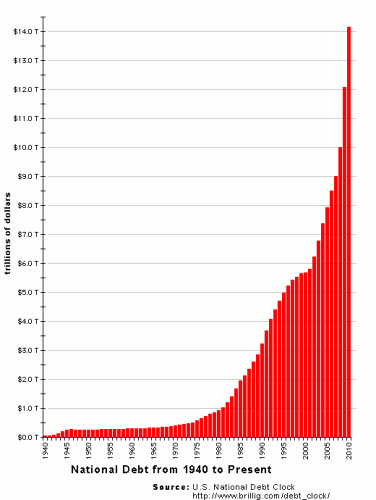Sixty six years ago today, had Japan not surrendered to the Allies after the dual A-Bomb attacks and the Soviet Invasion of Manchuria, the armed forces of the British Empire would have stormed the western beaches of Malaya at Port Dickson and Port Swettenham with two infantry divisions, one infantry brigade, lead by a regiment of DD-tanks and flame throwing landing vehicles. This invasion would have set off a chain of events that would have seen hundreds of thousands, if not millions, murdered and killed before the Allies put down the Imperial Japanese Armed Forces, starting with Allied Prisoners of War. The word of that atrocity would have prevented a later Japanese surrender as the British and American public’s rage would have left the American President and British Prime Minister no other options.
This is was a very near run thing as Britain’s ambassador to Japan Hugh Cortazzi (1980 to 1984) said here:
On Aug. 15, 1945, the Japanese authorities “announced that although Nippon had agreed to unconditional surrender, Field Marshal Count Terauchi, Commander in Chief of the Southern Army, did not associate himself with it and intended to fight on. What we did not know then was that a plan existed at Count Terauchi’s Saigon headquarters to execute all prisoners in case of invasion.”
This passage on page 573 of “Tennozan: The Battle of Okinawa and the Atomic Bomb“ by George Feifer, makes clear the human cost of that “Kill All” order being executed:
“After the fall of Okinawa, Field Marshal Count Hisaichi Terauchin issued an order directing his prison camp officers to kill all their captives the moment the enemy entered his southeast Asia theater. That would have been when those 200,000 British landed to retake Singapore, less than three weeks after the Japanese surrender. There was a real chance that Terauchi’s order would have been carried out, in case up to 400,000 people would have been massacred.”
And it would not have stopped there. When the British reached Singapore, it would have found a repeat of “The Rape of Nanking without wartime censorship being able to cover it up. More importantly, Allies Ultra and Magic code breaking let Allied leaders know this was on the table.
From Truman’s August 9, 1945 Radio Report to the American People on the Potsdam Conference.
I realize the tragic significance of the atomic bomb.
Its production and its use were not lightly undertaken by this Government. But we knew that our enemies were on the search for it. We know now how close they were to finding it. And we knew the disaster which would come to this Nation, and to all peace-loving nations, to all civilization, if they had found it first.
That is why we felt compelled to undertake the long and uncertain and costly labor of discovery and production.
We won the race of discovery against the Germans.
Having found the bomb we have used it. We have used it against those who attacked us without warning at Pearl Harbor, against those who have starved and beaten and executed American prisoners of war, against those who have abandoned all pretense of obeying international laws of warfare. We have used it in order to shorten the agony of war, in order to save the lives of thousands and thousands of young Americans.
We shall continue to use it until we completely destroy Japan’s power to make war. Only a Japanese surrender will stop us.
Emperor Hirohito took the hint and sent a personal representative known to Field Marshal Count Terauchi to get the Count to enforce a surrender on his troops.
11 Sep 2011 UPDATE (Below the Fold)
 The American space program, like its Russian counterpart, was largely an epiphenomenon of the ballistic missile program. A great deal has been written about the space programs; regarding the missile programs themselves, not so much. This book remedies that gap by using the life of General Bernard Schriever, who ran USAF missile development programs, as the centerpiece for a history of the Cold War’s defining weapon. Although Schriever is the central character, the book describes the roles played by many other individuals, including:
The American space program, like its Russian counterpart, was largely an epiphenomenon of the ballistic missile program. A great deal has been written about the space programs; regarding the missile programs themselves, not so much. This book remedies that gap by using the life of General Bernard Schriever, who ran USAF missile development programs, as the centerpiece for a history of the Cold War’s defining weapon. Although Schriever is the central character, the book describes the roles played by many other individuals, including: